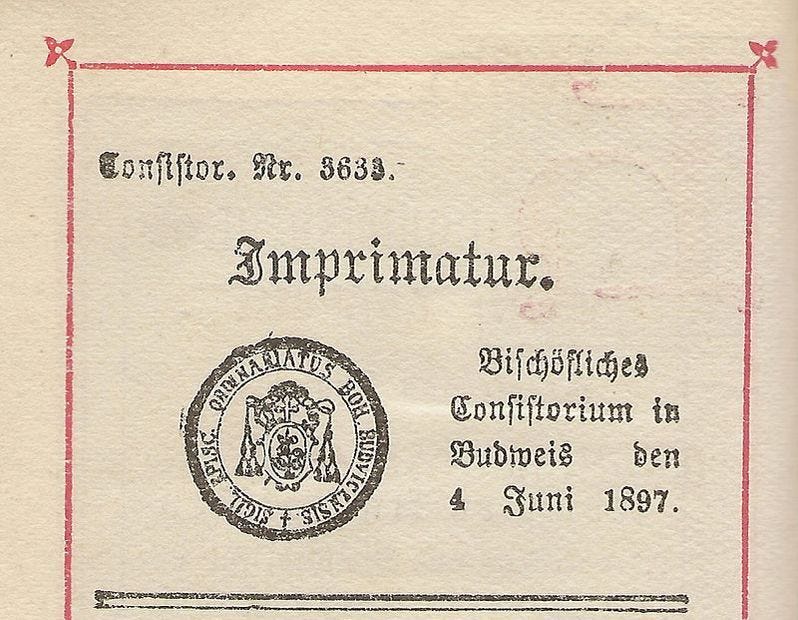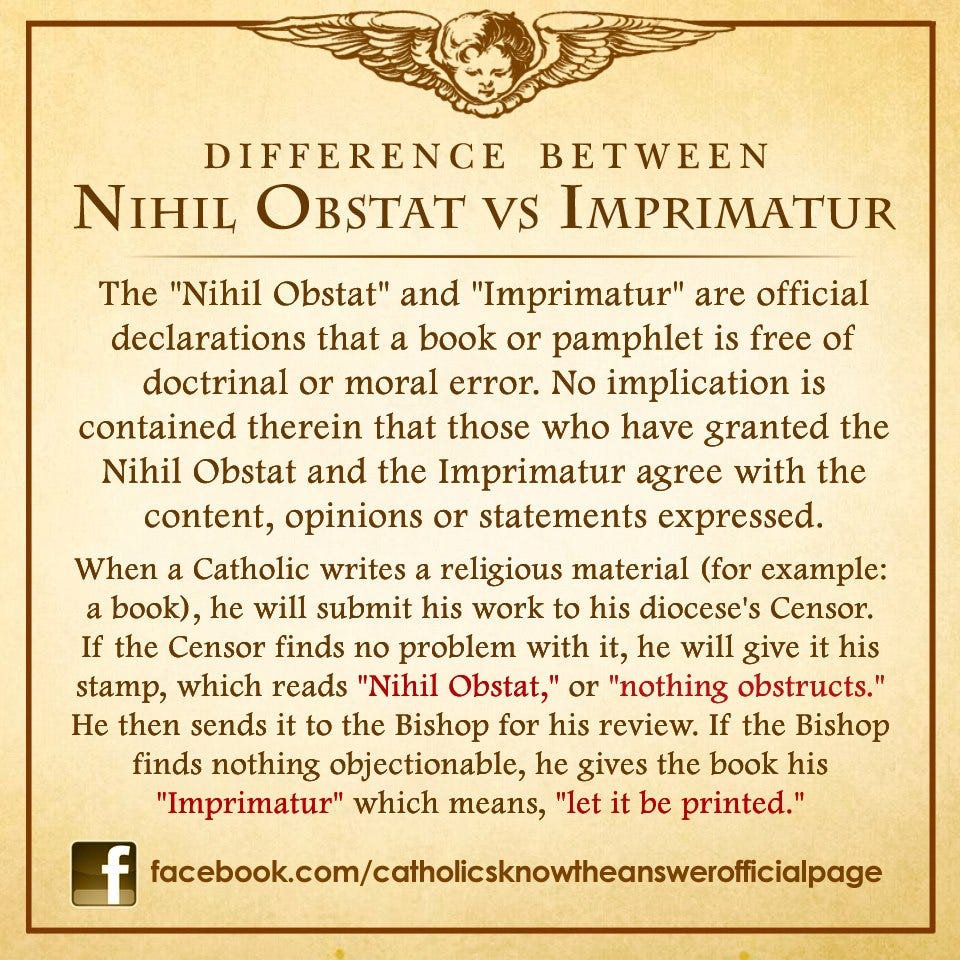An exposé of syringe fundamentalism in Australia’s Fair Work Commission

I am currently working on a long project to assess and categorise the hundreds of unfair dismissal complaints that are before Australia’s Fair Work Commission (FWC) so that I, and others, may fully comprehend the kinds of arguments that have been successful, and unsuccessful, in persuading the FWC that a person’s termination of employment due to workplace COVID-19 vaccine mandates was truly “harsh, unjust or unreasonable”.
However, one particular case struck me for the language used by the deciding commissioner in his rejection of evidence which contradicted the propaganda apparatus’ insistence that COVID-19 vaccines are ‘safe and effective’ and thus merit mandation to ‘protect others’ in Australian workplaces across the country.
In [2022] FWC 1931 Jovan Jovcic and Filip Markovic v Coopers Brewery Limited,1 Deputy President Alan Coleman presided over the case of two Serbian Orthodox Christians who were dismissed from their employment at Coopers Brewery, Regency Park, South Australia. At the time there was no state vaccination mandate; the policy was implemented purely by the initiative of the company to ‘keep its workers safe’. The two employees had sought religious exemption to COVID-19 vaccination, a virtual impossibility in Australia’s political climate.
What makes this case so interesting is that the two employees filed the expert evidence of one Dr. Nikolai Petrovsky in their defense. Dr. Petrovsky is a vaccine developer, creator of the COVAX-19 vaccine currently undergoing trials in Iran and crowdfunded for Australian approval. Dr. Petrovsky filed detailed evidence regarding the failure of other COVID-19 vaccines to halt transmission, thus making any claim of enhanced ‘safety’ in the workplace null; a vaccine which does not halt transmission cannot be administered for the sake of another’s protection and wellbeing.
The FWC rejected Dr. Petrovsky’s evidence out-of-hand by stating explicitly that the good Dr. was not an authoritative voice on the matter of vaccine effectiveness. That role belongs exclusively to the government-sponsored Australian Technical Advisory Group on Immunisation (ATAGI). Deputy President Coleman says unequivocally at 39 of that judgement:
“it is a matter of public record and a notorious fact that ATAGI is an expert body whose role is to provide evidence-based advice on the administration of vaccines to the Commonwealth, and also to the general public. ATAGI’s fifteen members hold senior positions at major universities, hospitals and research institutions around the country. ATAGI’s status as an expert body that provides advice to government and the public cannot seriously be doubted and indeed the applicants did not seek to impugn that status.”
(Italic emphasis added)
This means that in order to dethrone Australia’s ‘sole medical authority’ on vaccines, ATAGI, Dr. Petrovsky and the two Coopers employees had to argue convincingly and with excruciatingly detailed evidence that ATAGI is utterly misled and ill informed on its COVID-19 vaccine knowledge, so the point that its authoritative status must be impugned (tarnished). In other words, we have a perpetual form of intrinsic, institutionalised injustice built into the system. Unless ATAGI’s ‘authority’ on the matter of vaccines is shown to be baseless, erroneous and scientifically flawed (and it is), no case shall pass the evidence bar at the FWC.
But there’s more. Coleman goes further than this at 42, uncovering his personal preference in terms of kinds of evidence he finds persuasive:
“I prefer the evidence of the advice of a panel comprising numerous experts operating with government imprimatur to the evidence of a single expert witness.”
(Italic emphasis added)
For context, the FWC is not a court, neither is it bound to Australian legislation on evidence law as our other courts are, although “these are a helpful guide”.
In any case, this is an incredible, theologically loaded statement which has surfaced in the FWC. For those unaware, the imprimatur is an official sigil signed onto documents approved for printing and use by the faithful of the Catholic Church (refer image at the header of this article). It goes hand-in-hand with the Catholic dogmas of nihil obstat and Papal Infallibility, for whatever is decreed by the Pope ex cathedra (from the chair of St. Peter) might as well be God’s voice to humanity.

What Deputy President Coleman is effectively saying is that unless evidence can be brought to the FWC exceeding the infallible authority of ATAGI’s council of 15 ‘mouth-of-god’ prophet-experts, he cannot be persuaded to believe any other view regarding vaccines. To say this standard of evidence is far beyond what is reasonable in a Commission, not even a court, is an understatement and reinforces my earlier claim that the FWC itself has institutionalised injustice. Suppose a single mother is fired from her cashier job because of a vaccine mandate. In order to overrule ATAGI’s ‘authority’, she must come to that hearing bearing evidence exceeding ATAGI, or else with evidence utterly destroying ATAGI’s credibility as said ‘authority’. Neither are possible for common folk; it wasn’t even possible for Dr. Petrovsky. And thus we have institutionalised injustice; a bar of evidence is set higher than the Cosmic Mountain where only angels can fly. Us ‘normal’ people just have to grin and bear it.
I would further question whether law or rhetoric/argument itself requires such evidence. On the basis of Coleman’s rationale, Galileo was wrong and the theological imprimatur guarding Aristotelian cosmology of the 16th century is to preferred. It was advised by the ‘experts’ and ‘authorities’ of the day and had God’s… I mean the Church’s… very seal of approval. There are many more examples of individuals or ‘non-expert panels’ overturning ‘Government Imprimatur’ through scientific history:

I could also add Peter Duesberg and the Perth Group on HIV-AIDS to this list. The most significant scientific insights have always occurred when individuals pierce the veil of cultural mind control and chart the way to a new and better perception of reality that stands in stark contrast with that which has come before it.
But there’s more. To quote at length paragraphs 62-64:
“The applicants said that Coopers’ direction that they comply with the policy’s new site access requirement was unreasonable because the primary purpose of the vaccination policy could not be achieved. They submitted that Dr Petrovsky’s evidence showed that the policy was based on an incorrect factual premise, because vaccinations would not in fact prevent transmission of the virus and thereby make the workplace safer. Consistent with my findings above, I reject this contention. I do not accept that the policy was based on an incorrect factual premise.”
“But even if I had reached a different conclusion about this matter, it would not have made any difference. The simple fact is that it was plainly reasonable for Coopers to rely on ATAGI’s advice in developing and implementing its policy. As I have explained above, ATAGI is an expert advisory body to government comprised of numerous experts from eminent scientific and medical institutions. Its advice to the general public at the relevant times was that vaccination prevented or reduced transmission of the virus and that all Australians above a certain age should become vaccinated.”
“I reject the applicants’ contention that Coopers, being a large corporation, ought reasonably to have undertaken or commissioned its own scientific research before deciding to implement a mandatory vaccination policy. To expect Coopers to have navigated the scientific literature itself is unrealistic. And there was simply no need for Coopers to obtain expert advice. It already had such advice, provided by ATAGI, on which it reasonably relied.”
(Italic emphasis added)
In other words, ATAGI has submitted infallible advice upon which any employer in the entire country may rely unquestioningly forever. This is why this particular case comes up for special comment. Again, at 67, Coleman remarks:
“Whether an employer’s direction to an employee is reasonable depends on all of the relevant circumstances. One of those circumstances in the present case is that Coopers relied on the advice that was given to the general public by ATAGI. Connected to this consideration are other circumstances that support a conclusion that Coopers’ direction to the applicants was reasonable. First, at all relevant times, Australia was in the grip of an unprecedented pandemic. State governments had enacted public health orders requiring workers in many sectors to be vaccinated. Such orders had affected Coopers in other states. Consistent with ATAGI’s advice, these orders conveyed to the public the belief of government that vaccines were effective in limiting transmission of the virus. A further relevant circumstance was that the South Australian border had only recently reopened and that it was reasonable to anticipate a substantial increase in the spread of the virus in this State.”
(emphasis added)
Only the belief that vaccines were effective at limiting transmission needed to be communicated with the Australian public, and employers everywhere have the right to convey that belief to their employees and demand they submit themselves to this harmful, deadly and useless poison masquerading as a vaccine. What we are dealing with here is a religion, syringe fundamentalism. No questioning of its core beliefs is allowed. It’s prophets, ATAGI and the Government, must be obeyed with full reassurance of conscience. Their materials are good for the faithful. They carry the imprimatur.
Source – https://fullbroadside.substack.com/p/government-imprimatur
